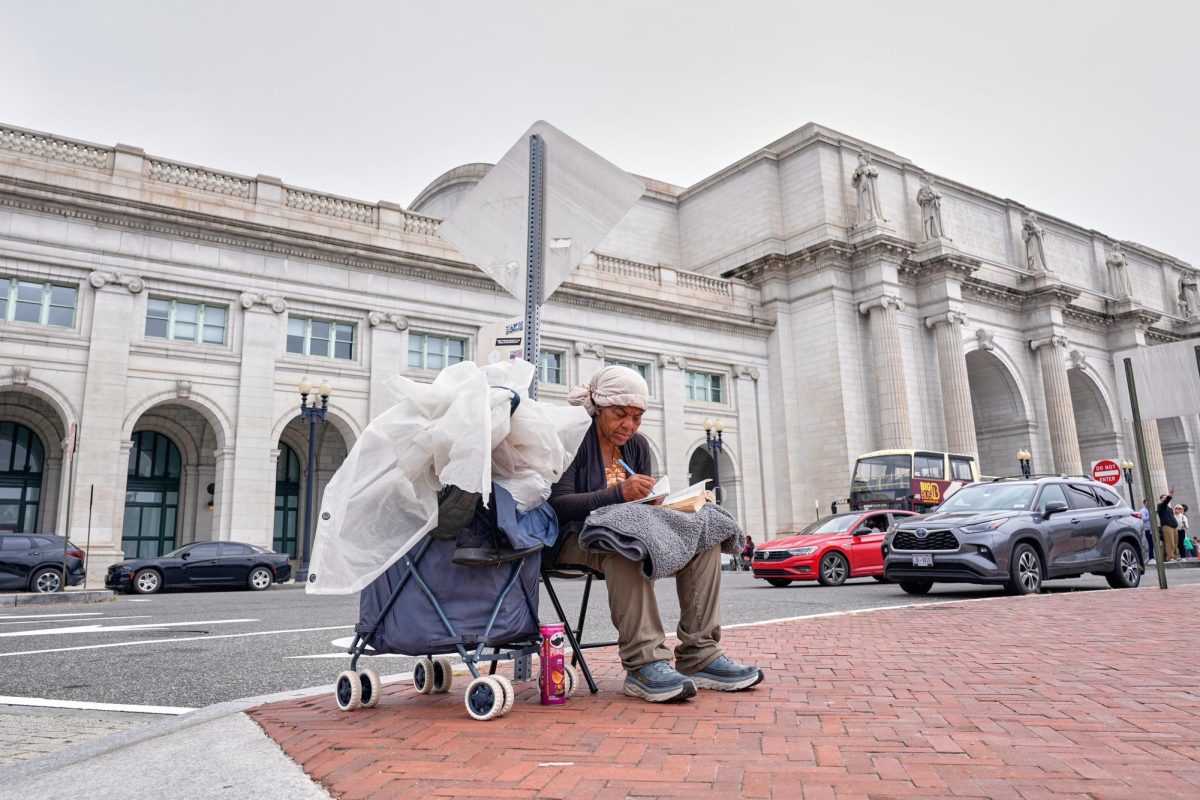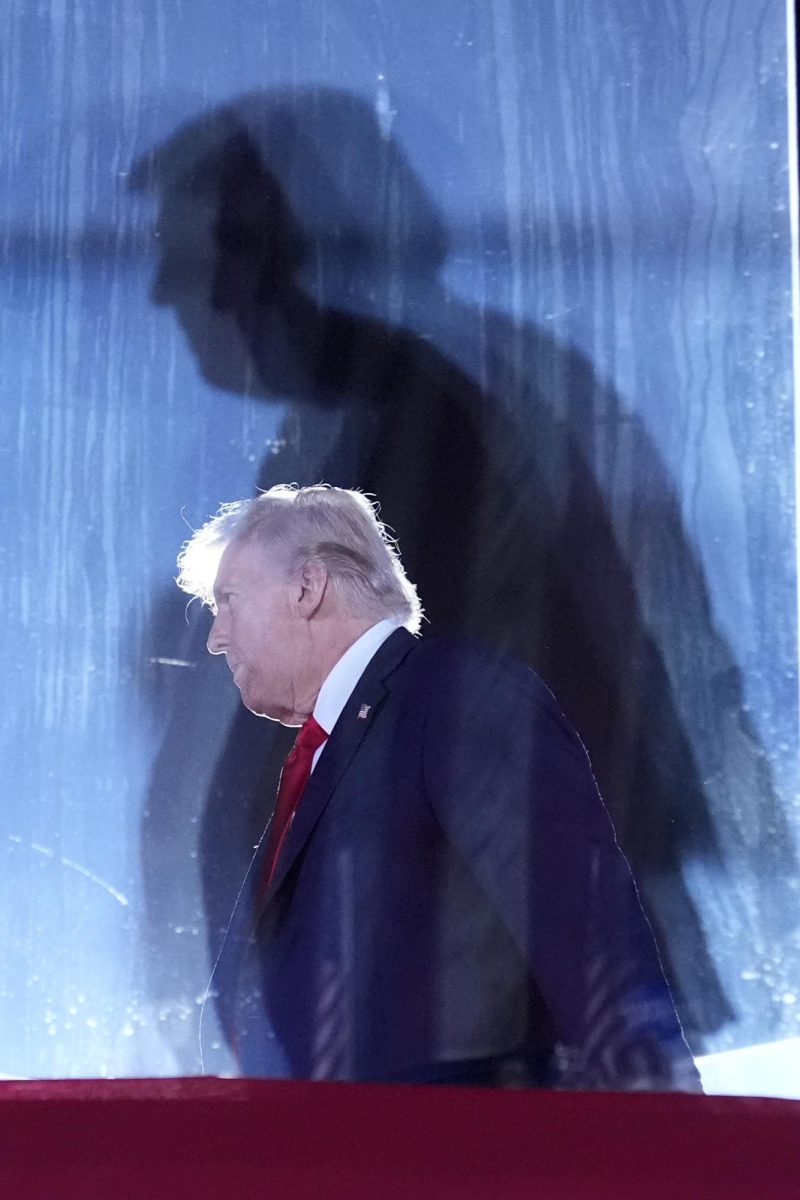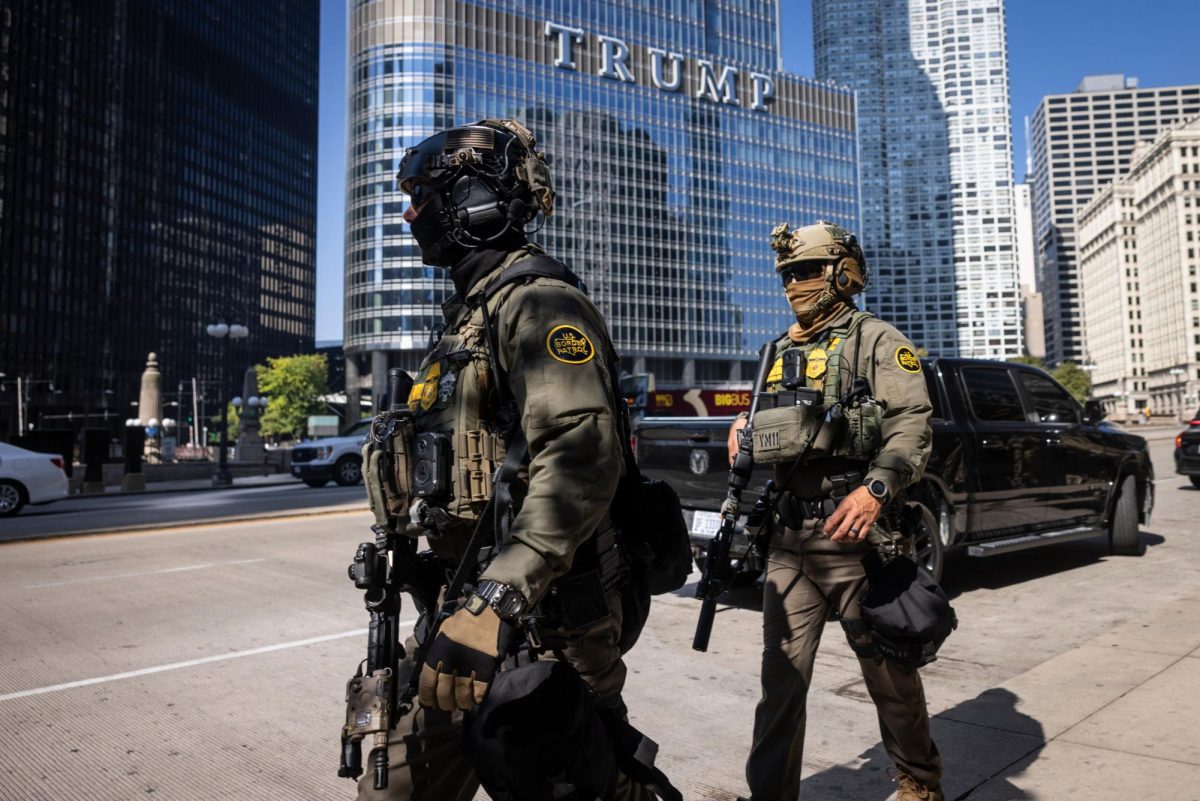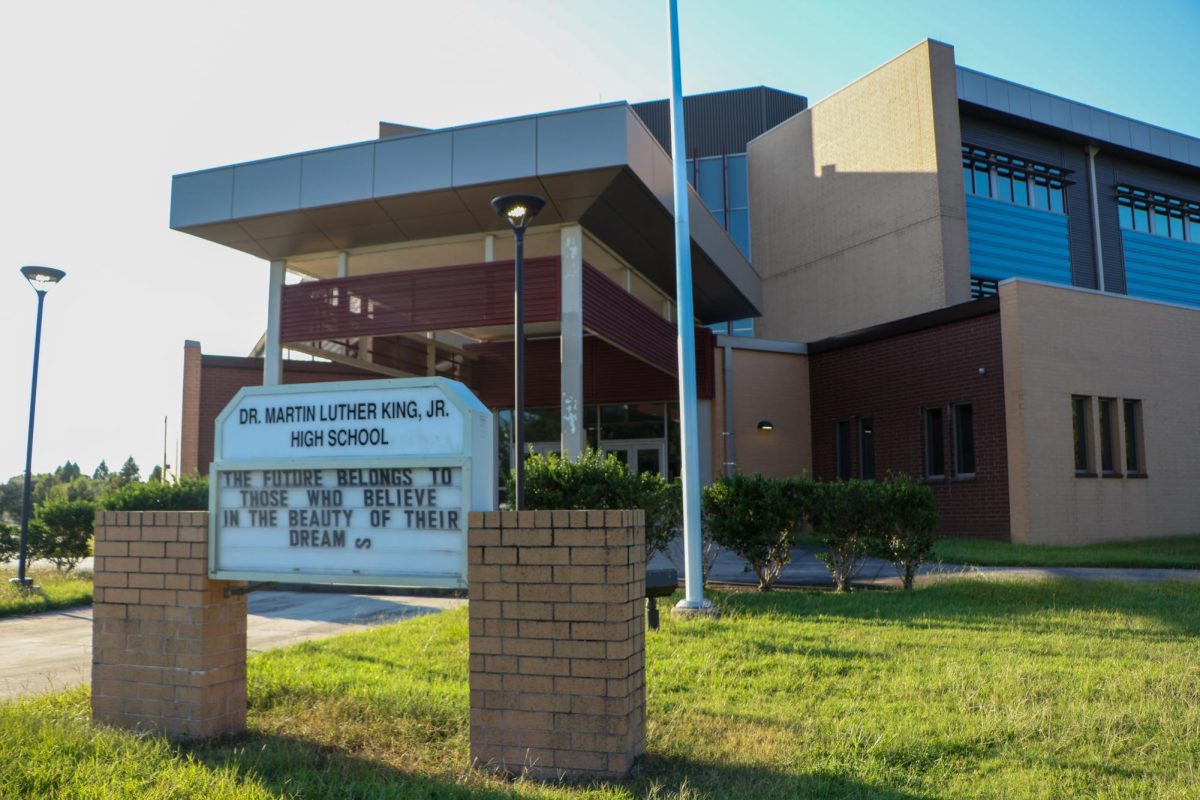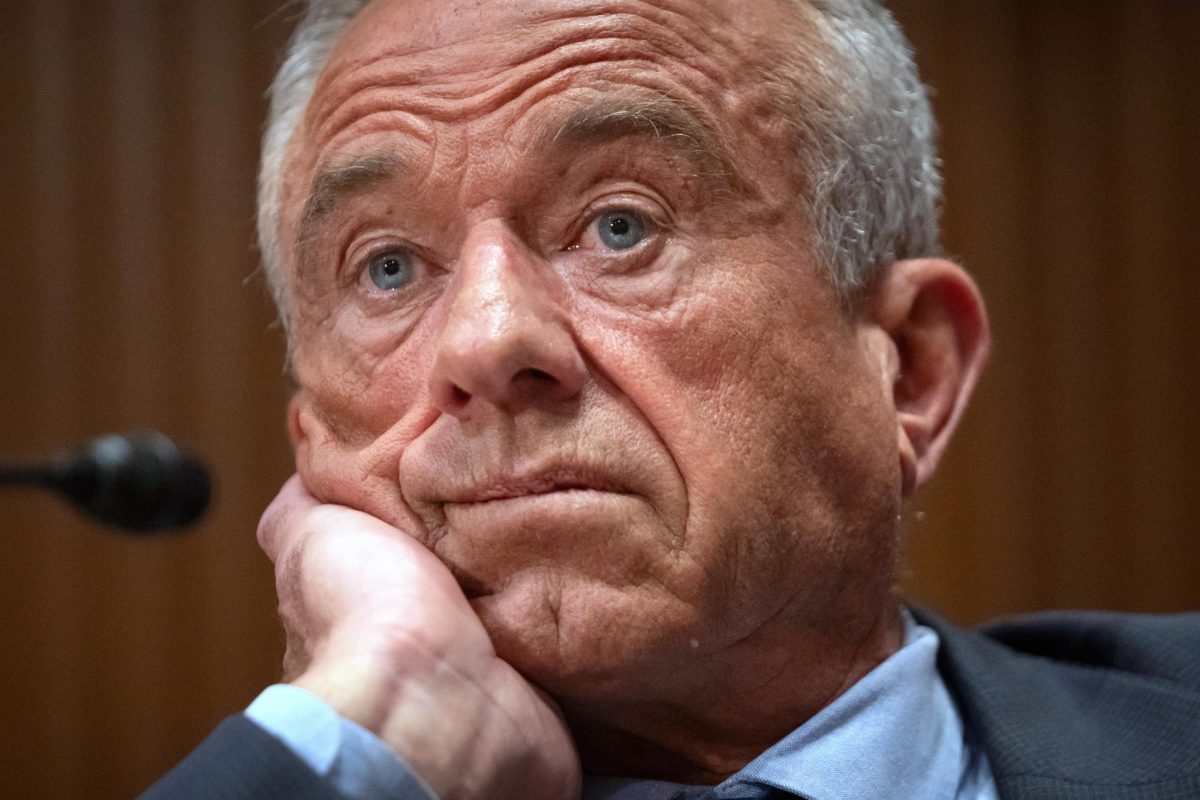Mpox has made a comeback in Africa. This time, it is far more deadly.
Mpox, formerly known as monkeypox, comes from the same virus family as smallpox. The virus was found in monkeys in 1958 but was renamed mpox to correct the false association with monkeys as the source of the virus. It can pass from animals to humans and person to person through physical contact. Since 2016, transmissions have been mainly from person to person.
There are two types of mpox: clade I and clade II. Clade I is Aboriginal in central Africa, while Clade II is in West Africa.
The virus causes rash and skin lesions, among other symptoms,\ including fever, headache, and swollen lymph nodes. The disease can be severe or fatal. People with current health conditions, such as HIV, are at greater risk, which is a concern for some parts of Africa where mpox is spreading. Children are also at considerable risk. Kids under age five accounted for 39% of cases and 62% of deaths in Congo.
Mpox was declared a global health emergency in May 2022 when cases increased. The World Health Organization formally ended the state of emergency in May 2023, but it has remained a severe problem in Africa.
As of August 2024, there have been over 17,000 recorded cases and 500 deaths from this disease, primarily in Congo. The virus has been recorded in multiple countries: the Democratic Republic of Congo, Uganda, Rwanda, Kenya, Burundi, and the Central African Republic, according to the Africa Center for Disease Control and Prevention. The Africa CDC declared the current upsurge a Public Health Emergency of Continental Security, the highest alarm level under international health law. Africa CDC Director General Dr. Jean Kaseya called for the world’s help.
“We call on you to stand with us in this critical hour,” Kaseya said. “Africa has long been on the frontlines in the fight against infectious diseases, often with limited resources. The battle against Mpox demands a global response. We need your support, expertise, and solidarity. The world cannot afford to turn a blind eye to this crisis.”



